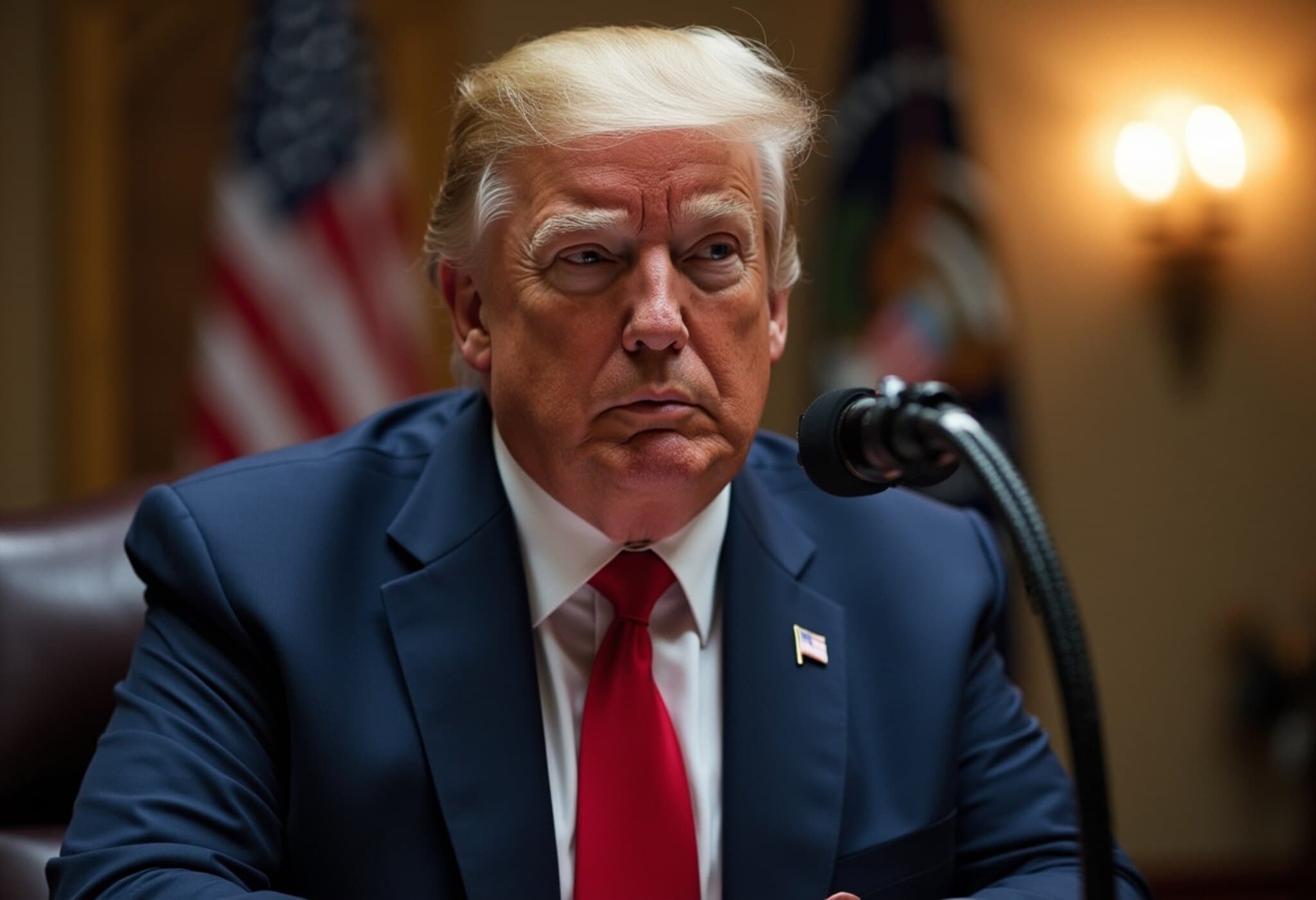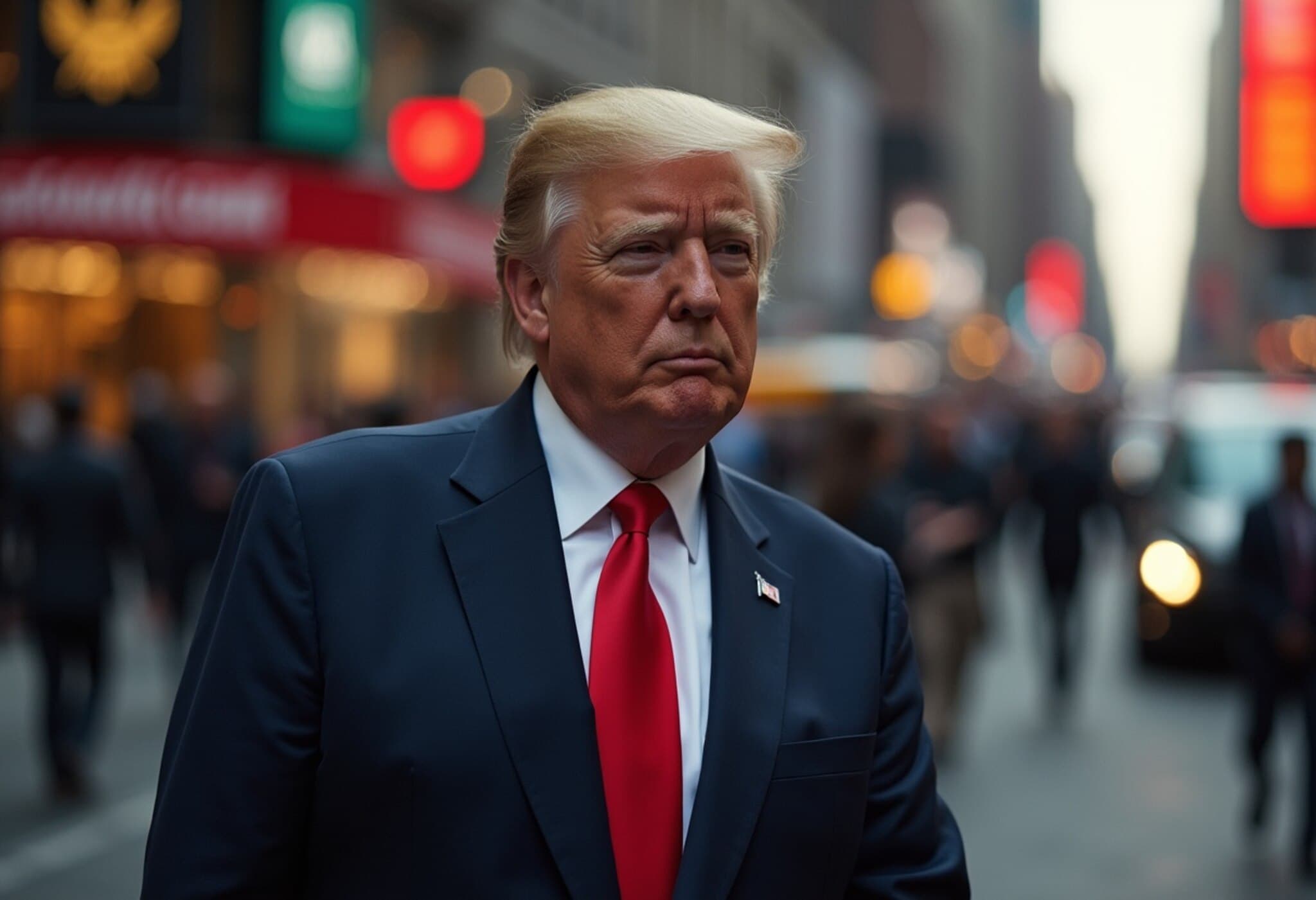New York State Officials Challenge Tesla’s Shareholder Lawsuit Restrictions
In a striking move this summer, New York state officials have publicly criticized Tesla’s recent amendment to its corporate bylaws, which imposes a steep ownership threshold on shareholders seeking to file derivative lawsuits. This development follows Tesla’s controversial shift of its legal incorporation from Delaware to Texas, sparking concerns about shareholder rights and corporate accountability.
Background: Tesla’s Shift from Delaware to Texas and Bylaw Changes
In June 2024, Tesla officially moved its state of incorporation from Delaware—an established corporate haven known for strong shareholder protections—to Texas. This strategic relocation came on the heels of a Delaware judge’s rejection of Tesla CEO Elon Musk’s exorbitant $56 billion compensation package, the largest in public company history. To sweeten the deal, Tesla assured shareholders that their legal rights under Texas law would be “substantially equivalent” to those they enjoyed in Delaware.
However, less than a year later, Texas lawmakers enacted new corporate governance rules permitting companies to require shareholders to own at least 3% of outstanding stock before filing derivative lawsuits. Tesla rapidly adopted this provision, tightening its bylaws to demand a minimum 3% stake—roughly $30 billion in Tesla shares today—effectively barring nearly all shareholders from initiating such legal actions.
New York’s Response: A Call for Repeal and Transparency
The New York State Common Retirement Fund, which holds a modest 0.1% of Tesla shares, has taken a strong stance against the bylaw change. On July 11, the fund’s overseers submitted a formal proxy proposal and an open letter addressed to Tesla’s board, accusing the company of a “bait-and-switch” tactic. They argue Tesla misled shareholders by claiming the move would not undermine their rights, when in reality it drastically shrinks their ability to hold executives accountable.
Gianna McCarthy, director of corporate governance at the fund, emphasized that derivative lawsuits serve as a vital “last resort for shareholders” to enforce fiduciary duties when directors or officers fail in their responsibilities. She, along with New York State Comptroller Thomas DiNapoli, called Tesla’s bylaw amendment “egregious” and urged the company to repeal the 3% ownership requirement.
Why This Matters: Corporate Governance and Shareholder Power
The controversy touches on a core issue in corporate law: balancing executive authority and shareholder oversight. Derivative lawsuits allow minority investors to take legal action on behalf of the company, holding leadership accountable for misconduct or breaches of fiduciary duty. By raising the filing threshold so high, Tesla effectively shields top executives from potential lawsuits initiated by ordinary shareholders.
Industry experts warn that such barriers may embolden corporate misbehavior and reduce overall transparency. Moreover, this case exposes a growing trend of companies moving incorporation to states with more management-friendly laws, raising alarms about a potential “race to the bottom” in shareholder protections.
Tesla's Next Steps and Broader Implications
As of now, Tesla has not issued a public response to the New York fund’s challenge. Given the significant reputational risks and increasing scrutiny of Musk’s leadership decisions, further shareholder activism or legal challenges may be on the horizon.
For investors and policymakers alike, this episode raises uncomfortable questions:
- Should states continue to compete for corporate charters by weakening shareholder rights?
- What mechanisms can ensure balanced accountability without deterring entrepreneurial risk-taking?
- How can minority shareholders protect their interests in an era of corporate governance shifts?
These considerations highlight the evolving complexities in America’s corporate landscape, where governance frameworks profoundly impact economic fairness and investor confidence.
Editor’s Note
Tesla’s 3% ownership threshold requirement starkly illustrates the tension between corporate management seeking insulation from legal risks and shareholders striving to safeguard their voice. While often viewed as dry corporate law jargon, such bylaws influence profound questions about corporate democracy, accountability, and economic justice in today’s high-stakes market. As shareholders and regulators grapple with these changes, the outcome will shape future expectations for corporate transparency nationwide.



















